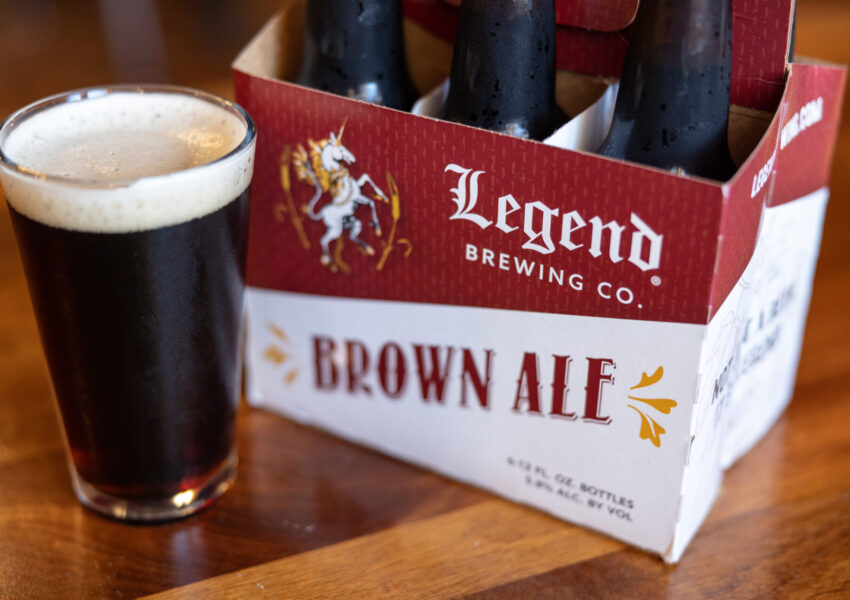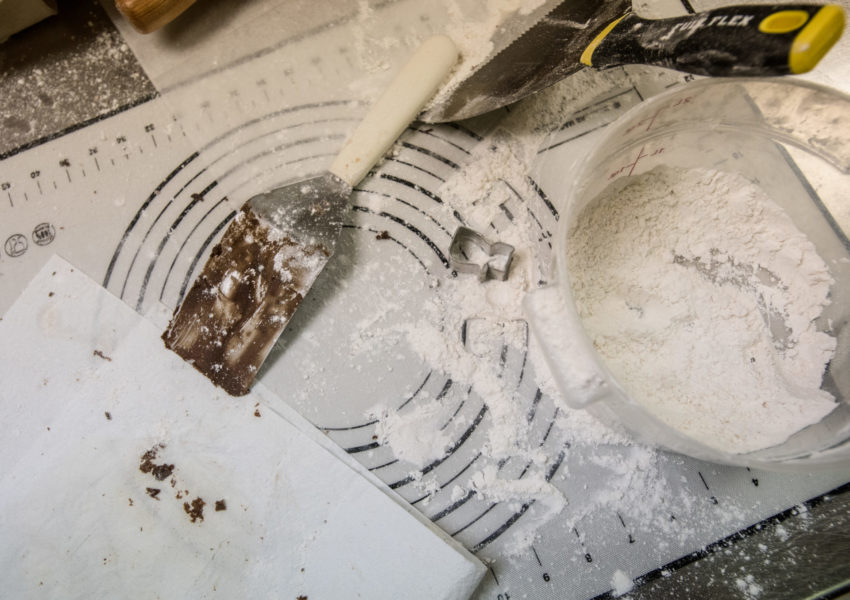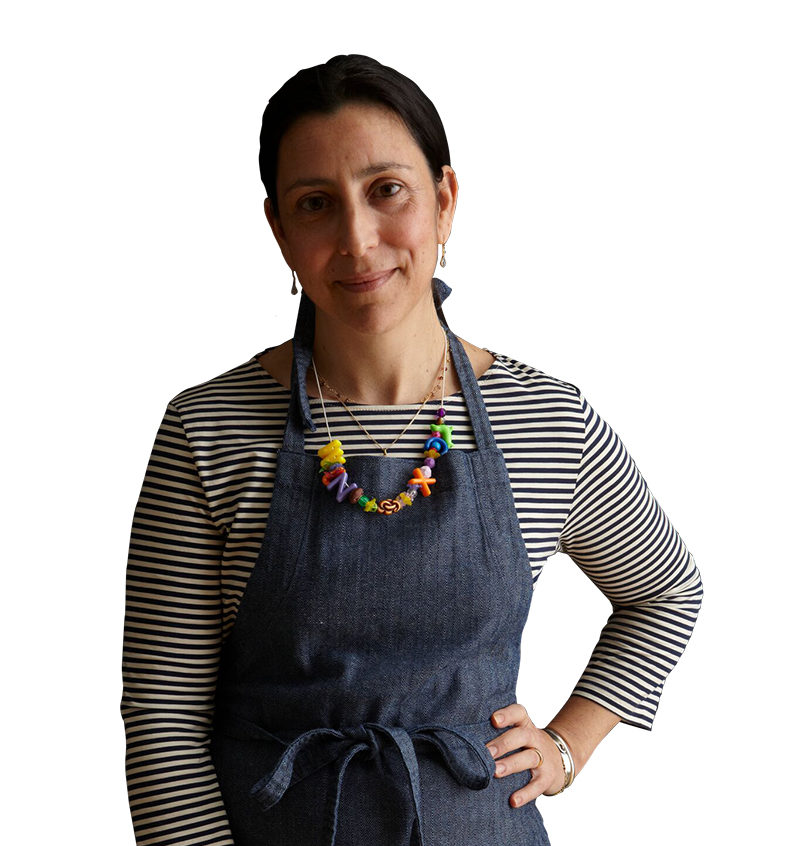Walking along Twentieth Street North at the center of downtown Birmingham, visitors simultaneously see the city’s past and future. The Birmingham Central Business District oral history project and virtual walking tour (hosted by GeoTourist) highlights the food and beverage industry bringing new energy to the city. Newly restored buildings sit next to abandoned storefronts interspersed with construction sites. This buzz of activity is new. Toward the end of the twentieth century waves of retail shops, theaters, and eateries closed or moved out to the suburbs. By the early 2000s many buildings were shuttered and empty. But a century before, at the start of the 1900s, the streets were vibrant with new construction and entrepreneurship.
In the mid-2000s investors began taking interest in defunct and vacant properties in the core of the Central Business District along Twentieth Street North, First Avenue North, and Second Avenue North. Historic rehabilitation tax credits made it possible to work with the complexities of these existing structures. With an abundance of unique buildings available at affordable prices, developers began renovating properties for loft apartments and condominiums. As the downtown residential population grew, so did a demand for restaurants and bars.
The Central Business District is now home to an eclectic mix of eating and drinking establishments – some housed in the remains of large department stores, some in abandoned office building basements, and others in narrow storefronts. Chris Dupont was an early pioneer on Twentieth Street North, purchasing a two-story building and moving his restaurant there in 2003. He recalled a feeling of awe when signing the building’s title card, “I’m signing a card that the first signee was in 1871 . . . I’m being a part of history . . . ”
Soon larger developments such as Founders Station on First Avenue North attracted a new generation of food and beverage professionals. Business partners Kristen Hall and Victor King found the space they needed to expand their restaurant concept in what was once Birmingham’s first bank drive-through, opening The Essential in 2018. Joe Phelps fell in love with the forgotten basement of Founders Station and designed his bar The Pilcrow also in 2018. “When you come down those stairs . . . you could be anywhere, [at] any time,” said Phelps. “We wanted to meld centuries, decades, and come out with something that was pretty unique and people would remember.”
Most of all, people saw the opportunity to make something beautiful out of forgotten spaces. The bones were already there. Kathy D’Agostino passed the Webb Building at the corner of Twentieth Street and Second Avenue North every day on her way to dress windows at Bromberg’s Jewelry. “I like to take the ugly object and make it pretty. It’s just my favorite thing to do,” related D’Agostino. “And so, I knew that this dilapidated little space, dirt floor practically, and crumbling walls, I could just see that with a little bit of love and attention, could be really magnificent.” She opened her chocolate shop, Chocolatá, there in 2017.
Opening a restaurant or bar in any setting is a tremendous leap of faith but renovating a historic building in a constantly changing city requires additional courage. Narrators recount navigating construction, learning neighborhood rhythms, and pivoting often during the Covid-19 Pandemic. Overall, they find the journey rewarding. Restaurateurs and shop owners love caring for a little piece of Magic City history. Their cafes, chocolate shops, and cocktail bars extend hospitality to a new generation of residents and visitors.
















